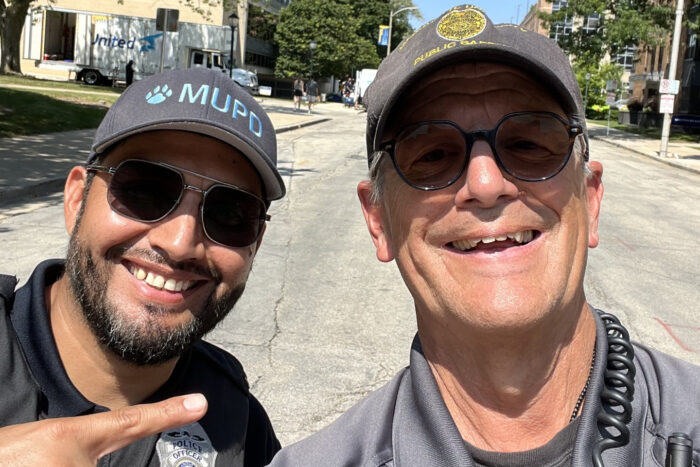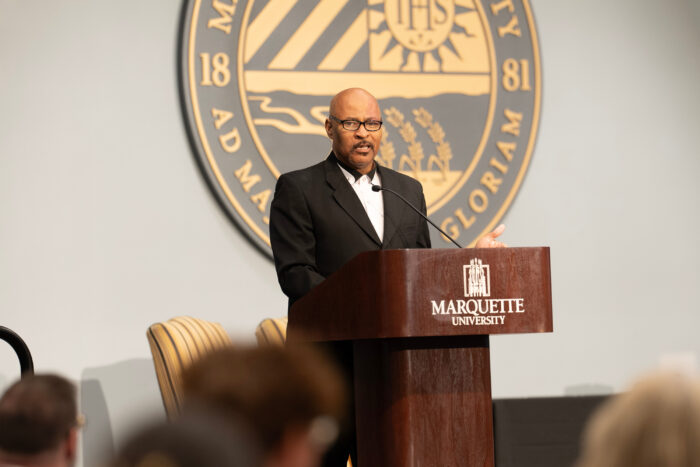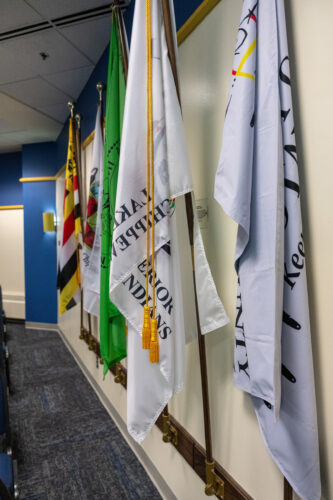
A constantly evolving partnership, Marquette’s Council on Native American Affairs seeks to better understand how Native American students can fully thrive on campus.
This community-based council comprising Native American Marquette alumni and members of other higher education institutions has, since 2017, worked to strengthen the connection between Marquette and Native American communities through culturally competent practices so that Marquette can be a place where Native American/Alaskan Native students will be embraced and respected throughout their postsecondary experience.
Marquette alumnus Mark Denning of the Oneida Tribe of Wisconsin has sat on the council since its inception. From his past experiences, he understands the importance of student communities feeling seen and heard on campus, and he seeks to be a resource for Marquette.
“The majority of Native students at Marquette feel invisible. That was true when I was there, and I think that’s true today, unless students have the chance to gather around a group or a common cause that brings Native people together,” Denning says. “What I appreciate about this council is that it opens the door for alumni and others to stand with those students and add to their voice and presence. We have a sense of what it’s like, and we’d like to be there to help with that process.”
Council member since 2017, Robin Carufel of the Lac du Flambeau Tribe emphasizes the importance of relationships in Native communities.
“Growing up on a reservation, extended families are important and critical to the foundation of any Native student,” Carufel says. “Coming down here [to Milwaukee] can be challenging because you are away from your community, your comfort zone and a sound support system. However, by having more Native students united on campus and by having a Native Student advisor with a special home office, there would be a greater possibility for success at Marquette.”
Siobahn Marks is a descendant of the Lac Courte Oreilles Lake Superior Band of Chippewa Indians, and a council member since 2017. She says her goal on the council is to facilitate community.
“As a Native woman, I am very interested in making sure that our Native students have positive experiences at Marquette, where they feel supported and see people who are like them because it’s easy to get lost in such a big city,” Marks says. “I want students coming here into this urban environment, to feel like they haven’t sacrificed everything from a cultural standpoint to get an education.”
Council members say they are proud to be a part of many efforts at Marquette that have furthered the connection between the university and the surrounding Native communities, including a mascot change, a redesigned university seal, the university’s new land and water acknowledgement, and a new scholarship for Indigenous people.
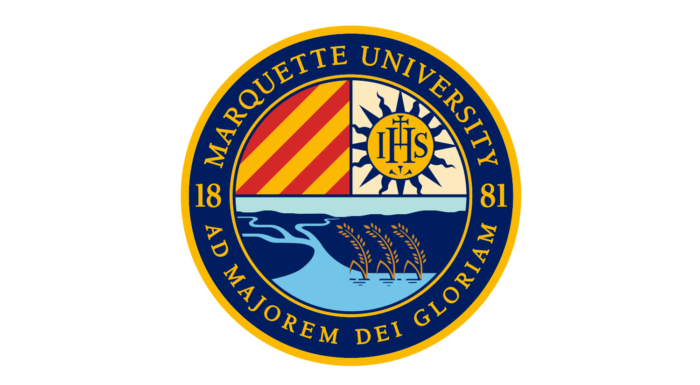
One of the council’s upcoming projects is the addition of a a physical marker that displays the land and water acknowledgement, featuring cut-out illustrations of plant and animal life that hold meaning for Wisconsin tribes.
“Marquette is located in a very urban environment,” Marks says, “There is a lot of cement and asphalt, but this sculpture reminds students and faculty that the university honors Mother Earth, which we all live on and who provides everything for us.”
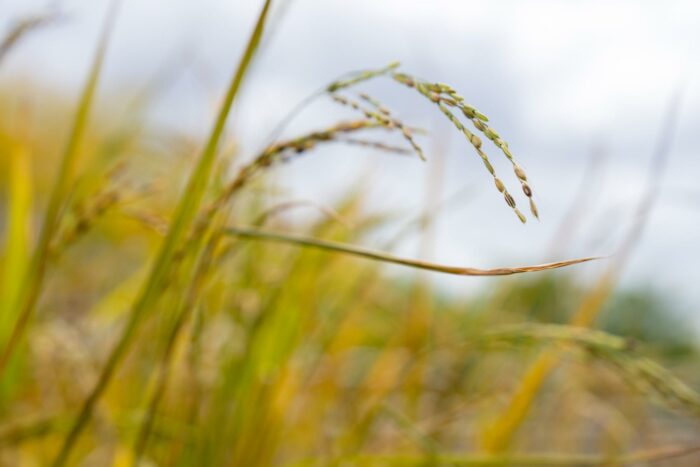
Marks hopes this project will be another step forward in properly recognizing the Native population at Marquette. Nevertheless, the council has even more dreams for Marquette and its relationships with Native people.
“I am proud of the awareness on campus this council and other groups have been able to bring to Marquette, but the struggle for recognition and genuine relationship with the university is a multi-generational issue,” Denning says. “In the future, we want our relationship to grow beyond the sculptures, beyond just one scholarship and beyond just responsible visibility on the seal.”
One addition Denning and Carufel would like to see is a building on campus dedicated to Native American Affairs, complete with classes surrounding Native studies and a cultural center that would recognize Marquette’s Native ties and existing relationship with the Indigenous community.
Carufel emphasizes the importance for Natives to have a clear distinction on campus.
“Grouping under a multi-cultural label does not bode well for a positive Native experience at Marquette,” Carufel says. “Native communities or Tribes have a unique legal status — a government-to-government relationship with the United States — defined by federal legislation, U.S. presidential executive orders and the U.S. Constitution. Thus, Native students have a unique legal status different than other students of color here at Marquette or other educational institutions.”
In the meantime, Marks is proud of what Marquette has accomplished and has high hopes for what the council at Marquette can do for Native students at Marquette.
“I see Marquette as being a thought leader and innovator. My hope is that when Native students see Marquette’s efforts, they will recognize that there are people here who will stand up for them,” Marks says.
